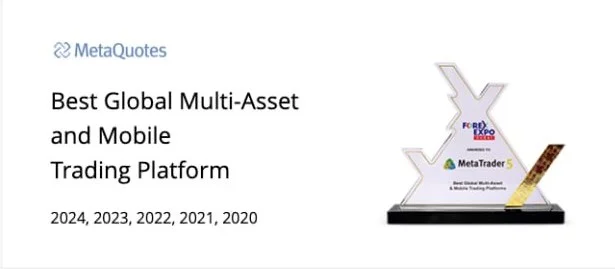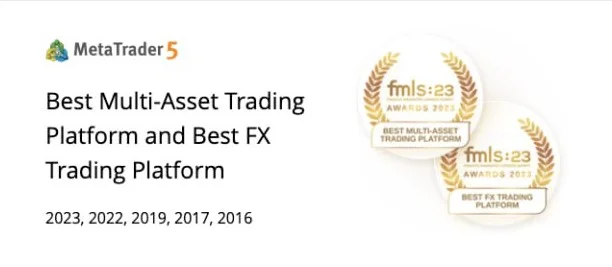If you’ve read the previous lessons from my “Beginner’s Guide to Bitcoin Wallets“, you’ve learned what a crypto wallet is, how to set one up, and how to send and receive bitcoin.
But if you don’t have any bitcoins, how do you get some?
How do you buy bitcoin?

In order to buy bitcoin, you’ll need to open an account with a “crypto exchange”.
A crypto exchange is where buyers and sellers can trade crypto. The crypto exchange provides you with a trading platform, usually in the form of a web or mobile “app”, where you can buy and sell crypto.
Crypto exchanges are known as crypto asset trading platforms (CTPs).
Before crypto exchanges, people were only able to acquire bitcoin (and other cryptocurrencies) through mining or by negotiating individual transactions on online forums, or even face-to-face transactions in the real world.
Nowadays, most crypto beginners enter the world of crypto through an exchange. These companies make it easy for you to buy bitcoin quickly with just a couple of clicks.
There are A LOT of different exchanges operating with some more focused on beginners to the crypto markets, whiles others are designed for more experienced crypto traders.
Different exchanges support different cryptocurrencies so you may need to use multiple crypto exchanges depending on what you want to buy or sell.
This guide will introduce you to what crypto exchanges are and help you find one that’s right for you.
What is a crypto exchange?
Crypto exchanges are websites and apps where you can exchange one cryptocurrency you own for another.
More specifically, a cryptocurrency exchange is an online trading platform where you can buy, sell and trade cryptocurrencies.
These trading platforms are defined as an “exchange” because their role is to simply MATCH buyers and sellers and are not involved in the transaction. They do take d charge a fee for facilitating each transaction.
Depending on the crypto exchange, you can use traditional fiat currency like U.S. dollars to buy a cryptocurrency. For example, you can buy bitcoin (BTC) with U.S. dollars (USD).
Or you can use other cryptocurrencies. For example, if you already have some bitcoins, you can buy litecoin (LTC) with your bitcoins (BTC).
In a nutshell, a crypto exchange allows you to:
- Buy bitcoin and other cryptocurrencies
- Convert cryptocurrencies you own for other cryptocurrencies
- Sell your cryptocurrencies and withdraw
What are the different types of crypto exchanges?
In general, the term “exchange” is used to describe any trading platform that allows the exchange of currencies.
But in crypto, there are actually two types of exchanges:
- Centralized crypto exchanges (CEX)
- Decentralized crypto exchanges (DEX)
But which one is best for beginners? Let’s quickly do a high-level overview on both to see which option makes more sense.
Centralized Exchange
A centralized crypto exchange (CEX) is typically an online business where users can create an account to buy/sell, send/receive and store native cryptocurrencies like bitcoin (BTC). This is pretty similar to forex and stock trading platforms in traditional finance (“TradFi”).
The assets on the centralized platform are under the custody of the business. Because a CEX has so much control over user funds, these businesses are usually highly regulated.
Complying with financial regulations where they operate gives them the privilege to allow users to be able to connect their bank accounts in order to fund their CEX accounts.
Decentralized Exchange
A decentralized crypto exchange (DEX) is where crypto traders conduct transactions directly with one another.
It is considered an alternative to traditional, centralized exchanges.
A DEX is not controlled by any one person or entity and is essentially a software program or app running on the internet.
A user would connect their self-custodial crypto wallet to a DEX to exchange or “swap” their crypto assets. Trades are executed in an automated process by the software code. without the need for an intermediary.
Algorithms, coded as smart contracts, are used to determine the prices of cryptocurrencies relative to others
Unlike CEX transactions which are handled internally, DEX transactions are settled directly on the blockchain.
Users have complete control of their crypto assets during this whole process with a DEX.
It is trustless, permissionless, and open source, all meaning that it’s open to anyone to interact with at any time.
But with no central authority and/or no government oversight of a DEX, the user can’t connect to their bank account and there is no customer service support if any issues arise.
CEX or DEX?
Both CEXs and DEXs charge trading fees and the user experience is relatively simple for both platforms, although centralized exchanges are better known to have a more user-friendly experience, as well as provide customer service.
Due to the ability to deposit and withdraw fiat currency, access to customer support, and operating under regulatory oversight, I’d recommend that beginners first start with a centralized crypto exchange (CEX).
A DEX is more for advanced users and has a different set of risks. Using a DEX requires more technical skill and familiarity with decentralized finance (DeFi).
For the rest of this beginner’s guide, I’ll stay focused on CEXs and dive more into DEXs and DeFi in future lessons.


